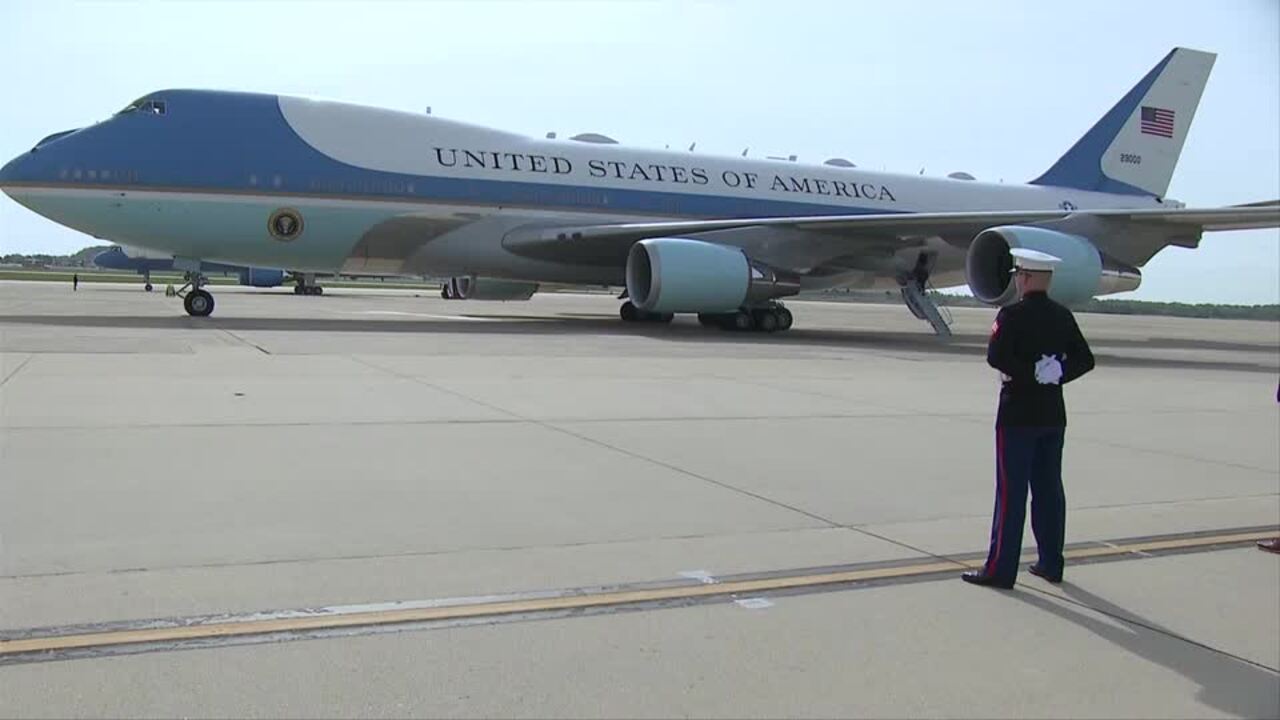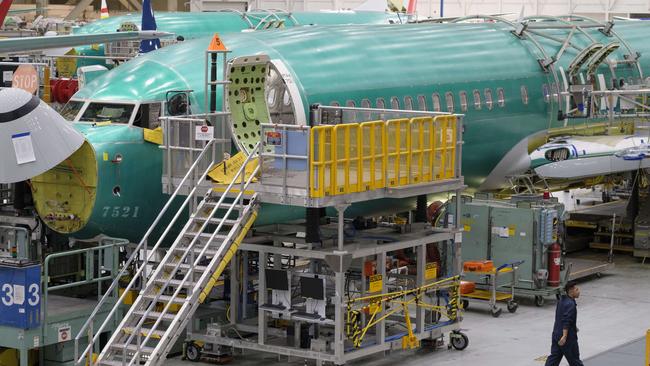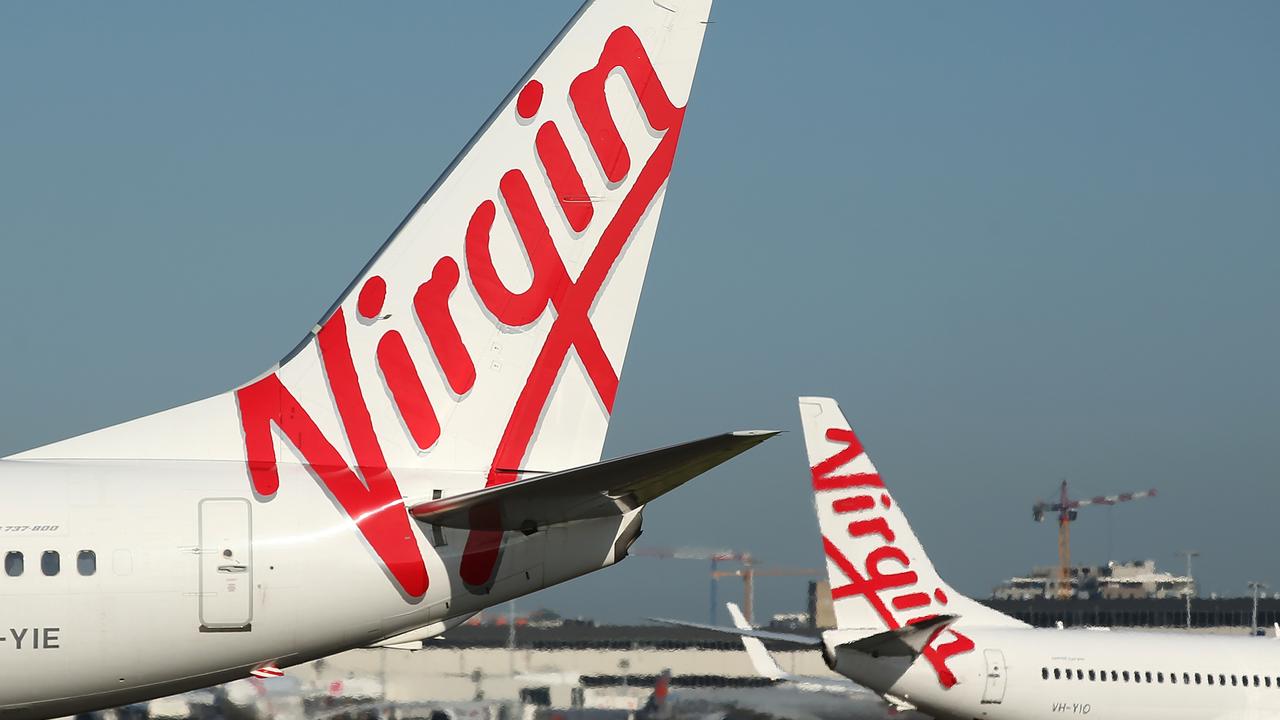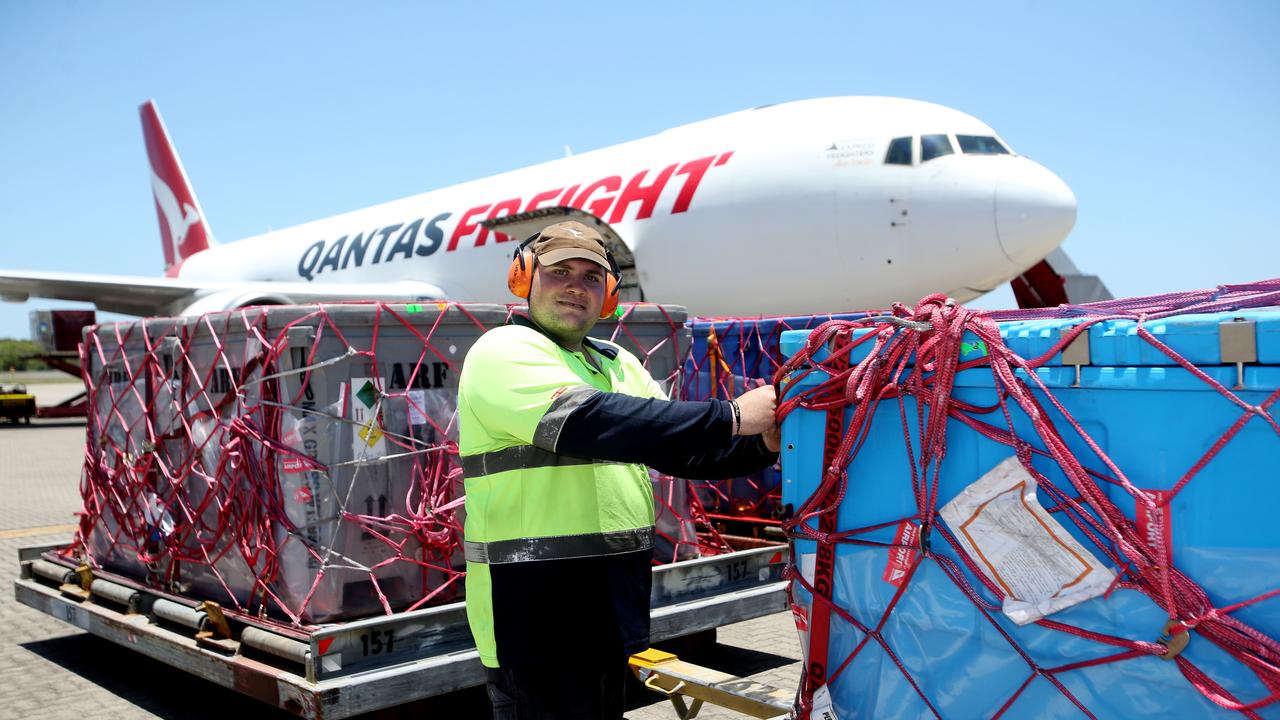Qantas and Virgin rule the market: No room in the sky for rivals as fleet scarcity worsens
Rising costs, aircraft shortages and industry consolidation are making it virtually impossible for new airlines to challenge Qantas and Virgin’s dominance of the domestic market.

Qantas and Virgin Australia are unlikely to be troubled by a domestic rival for the foreseeable future as access to aircraft gets harder to come by, making it almost impossible for new airline entrants to try their luck.
Bain & Co Asia-Pacific airlines management consultant Allan Schulte said there was likely to be more consolidation within the broader industry rather than growth, as hundreds of airlines competed for a shrinking revenue pool, speaking on the sidelines of the International Air Transport Association summit in Delhi.
Data presented to the summit showed total global airline revenue in 2025 was expected to fall from over a trillion US dollars, to $US979bn, as a result of slower passenger growth and lower fares.
The airline industry also faced headwinds from the US tariff turmoil which threatened to increase the cost of spare parts and reduce demand for travel, with corporate and student travel already declining.
Then there was the slow rate of aircraft deliveries, which had fallen 31 per cent below demand in 2023 and 2024, resulting in airlines holding onto aeroplanes for longer.
Mr Schulte said current circumstances were stacked against smaller operators, with several markets seeing a consolidation of airlines including Australia, north and southeast Asia and the US.
“It’s hard for a new entrant to get the scale, to go and offer a new service and any shortfall is naturally filled by the leaders in the market,” said Mr Schulte.
“The larger carriers takeover the market share that was being flown by the carriers that left.”
In the case of Australia’s domestic market, the Qantas and Virgin groups had both benefited from the demise of Rex and Bonza, growing profits and passenger numbers.
Virgin was now moving further into the regional space, putting larger 737s on routes such as Brisbane to Mount Isa and Townsville in the place of Alliance Aviation’s Fokker 100s.

Although the reduced competition may be of concern to travellers, Mr Schulte said there was an upside to market consolidation.
“It’s been good for the industry profitability and I would argue too that it’s also been on balance, good for on-time performance and operational resilience,” he said.
“That’s because now you have airlines with enough spare aircraft and spare pilots and crew, so that if something breaks in the system there’s enough extra resources to cover the slack.”
He said there was likely to be more consolidation ahead, benefiting those airlines which were already profitable and exercised a degree of market power.
But Mr Schulte conceded that did mean higher airfares for the travelling public due to the reduced competition, with lower oil prices about the only factor working in favour of passengers.
Concerns over the sluggish production rates at Boeing and Airbus dominated discussions at the IATA summit, with the airline association not ruling out legal action against original equipment manufacturers (OEMs).
IATA director general Willie Walsh said at this stage airlines were working collaboratively with those companies to see how to help each other address supply chain issues.
“But we continue to evaluate whether there is any reason for us to look at the potential legal opportunity. We continue to evaluate that as a potential option,” Mr Walsh said.
“Our preference is to work with the OEMs and all of the suppliers to try to bring greater clarity to the problem, and try to solve the problem if possible.”
Emirates president Tim Clark was less understanding, suggesting that OEMs needed to stop blaming Covid for disrupting the supply chain.
“Frankly Covid was five years ago. I’m pretty tired of the hand-wringing that goes on. ‘We’re really sorry you know, it’s the supply chain’,” said Sir Tim.
“You are the supply chain, so what are you doing about it? And this is echoing around the industry.”
The writer is a guest of IATA in Delhi.






To join the conversation, please log in. Don't have an account? Register
Join the conversation, you are commenting as Logout